Begun in 1987 with the first title of the series, Final Fantasy has since grown to become one of the best-selling video game franchises ever. The fifteenth installment of the series is set to release this September after years of waiting and dubious excuses. Aside from the 15 main games, there are countless spin-offs, including movies, manga and anime series. When the Internet makes lists about their favorite RPGs, Final Fantasy VII is inevitably included; the game has an enduring legacy to this day. It’s an impressive feat for a game franchise to make it through this many games (and decades) and still manage to generate hype for future titles. All of this begs the question: why won’t Final Fantasy die?
Nearly every main installment of the series has received positive scores on Metacritic, although after Final Fantasy X it seems the scores never held up to the earlier games in the series. Where Final Fantasy X boasts a score of 92, XIII has an 83. The second MMORPG installment to the series, Final Fantasy XIV, faced larger criticism from critics and players, resulting in delayed PlayStation 3 release until eventually Square Enix revamped the game entirely; now there is speculation that the game will make it to the Xbox One due to popular demand. Despite these setbacks, Final Fantasy remains an enduring series, a fact we can see in the progression of the 15th installment.
If you’re an old hand at Final Fantasy, you’ll remember when Final Fantasy XV was still called Final Fantasy Versus XIII. It began development in 2006 as a spin-off title to the Fabula Nova Crystallis subseries started with Final Fantasy XIII. Brief trailers for the game got fans buzzing with interest, as developers claimed it would be the darkest game of the series yet. However, slow development resulted in speculation as to whether the game would ever even be released at all.
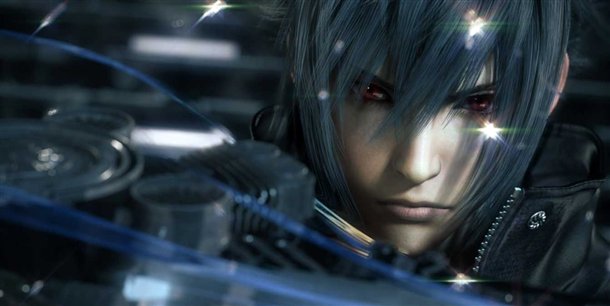
Eventually, it was decided that it would no longer be a spin-off and instead hold the coveted spot of the next main franchise installment. After that development picked up speed and rekindled fan interest. And at last, after nearly a decade of waiting, the official release date of September 30, 2016, was announced. Now Final Fantasy XV has made it to the number one spot on Famitsu’s most wanted games list.
So let’s take a look at why Final Fantasy has made it this far, with its massive fan base and worldwide recognition. (Warning: there are spoilers ahead, although these games are old enough that this shouldn’t be an issue.)
The Storyline
That’s the most obvious reason. When you think about Final Fantasy, you think about the ragtag band of AVALANCHE fighting to save their world from a heartless corporation, or about Squall and Seifer’s famous scar-inducing training session. Final Fantasy is famous for storylines that get you invested in the characters and the plot, playing through to make sure they make it out alive. Aerith’s sacrifice in VII is still considered one of the biggest video game plot twists ever.
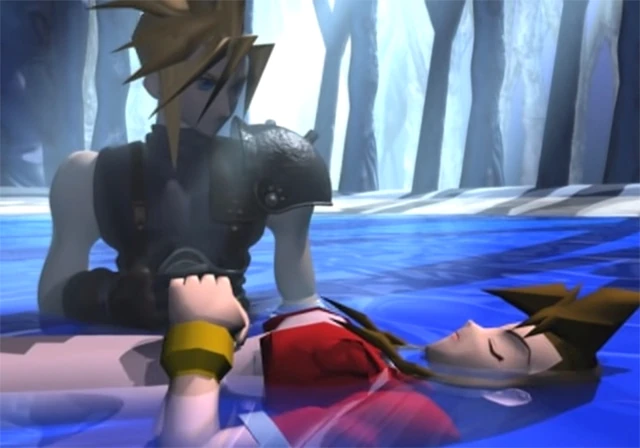
There is a stark difference between Japanese RPGs like Final Fantasy and American RPGs like The Elder Scrolls. The latter is known for its open-world storyline, where there’s a massive universe for the player to explore, and every choice the player makes affects the story. In the end, the main storyline almost takes a back burner to the rest of the game. JRPGs, however, places much more emphasis on the storyline and the characters. You’re watching the story unfold as you go, and although there are still side quests and explorations to do, the main story is the most important part. And as far as JRPGs go, Final Fantasy does the enduring storyline extraordinarily well.
Sure, the Final Fantasy dialogue can get pretty cheesy, but the stories still hold you—Aerith’s sacrifice, Tidus and Yuna’s kiss. Those scenes are incredibly memorable. Not to mention the grand, fantastical quality the stories tend to take—good versus evil, the underdogs fighting to save the world against impossible odds. (And the beautiful soundtracks certainly contribute to that grandness.)
The Characters
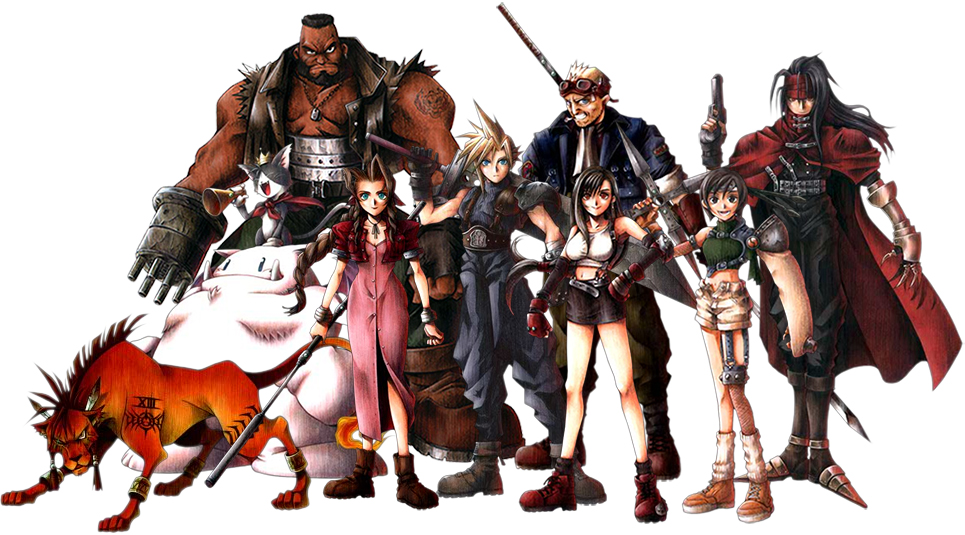
Hand-in-hand with the storyline comes the characters. The handful of main characters that make up your party in each Final Fantasy installment are always enjoyable caricatures. Nearly every character who fights alongside you will have a backstory, often as intriguing as the main protagonists. Barret Wallace of Final Fantasy VII especially comes to mind; his story involving the death of his best friend which led him to take his friend’s daughter in as his own is fleshed out and memorable.
The villains are no lesser. Although they do play into the massive, fantastical evil that is so characteristic of large-scale fantasy, they still frequently had backstories that made them sympathetic as well as deplorable. Kuja of Final Fantasy IX is an especially interesting antagonist, one who loves luxury but brings destruction and war to the world. In reality, he is insecure, unsure of his identity and robbed of a childhood.
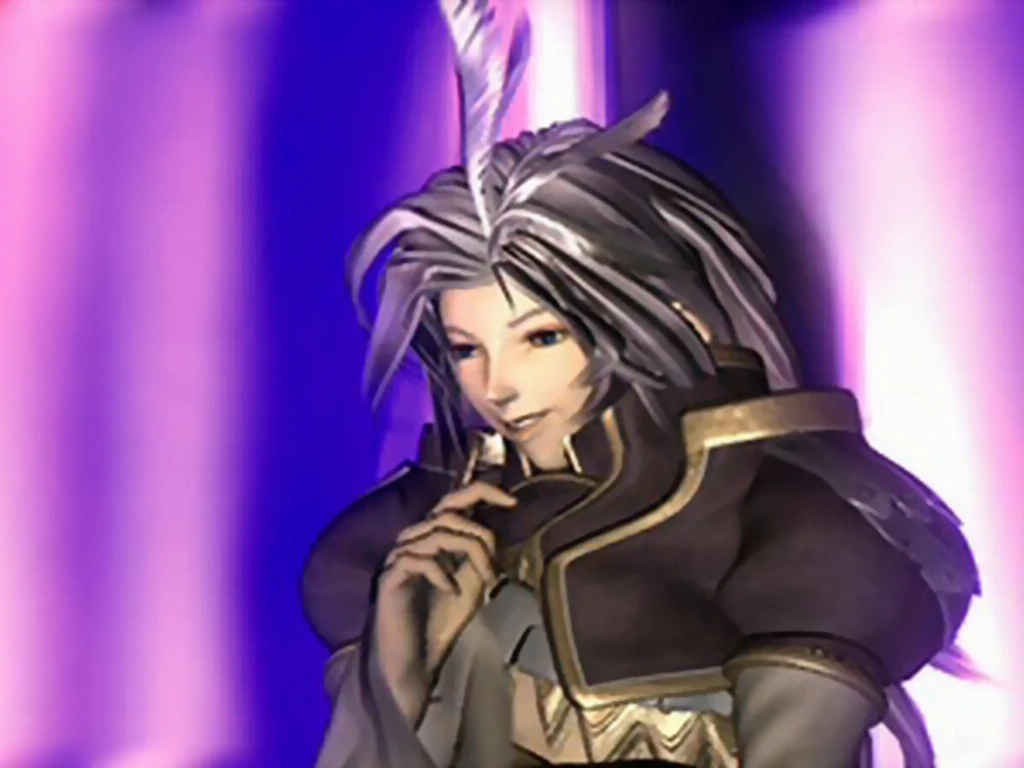
Though Seymour of Final Fantasy X morphs into evil by the end of the game, there’s still a bit of sympathy attached to his character. Half-Guado and half-human, he was exiled and considered an abomination. And of course, Sin is an incredibly conceived “character,” shocking in the reveal that it’s Tidus’s father inside Sin all along.
Gameplay
Final Fantasy is known for its utilization of magic. Every game involves magic as a key component of the battle system, and players strategize using their enemies’ magical weaknesses. Final Fantasy VII has materia to equip magic and other abilities to party members, and Final Fantasy VIII has the Junction System. The franchise always has its unique leveling systems, as well, allowing players to switch characters between various traditional classes like mage, thief, and warrior, rather than being trapped in one form.
X and XII have the Sphere Grid and License Board respectively, each of which lets players increase the various abilities of characters in whatever way they want. Characters that might have been designed to be mages, like Lulu of X, can still be leveled up to become a warrior. The dress spheres of Final Fantasy X-2 perform a similar feat. This versatility ultimately makes leveling much more interesting.
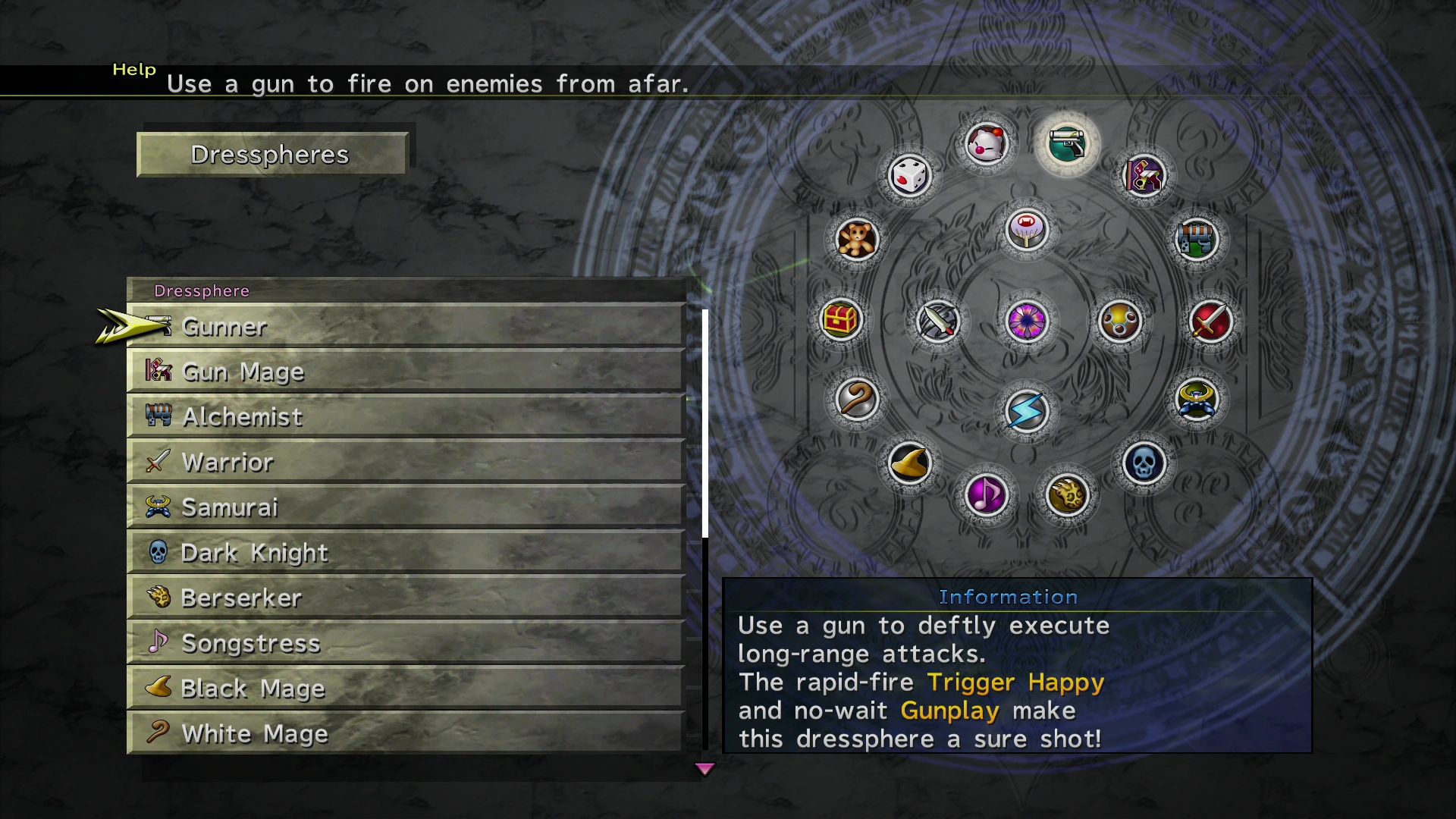
Ultimately, these features that are definitely debatable combine to make the Final Fantasy franchise so popular and long-lived. As all popular games do, they have many critics, but it’s undeniable that the series has made it this far for a reason. The release of the next installment this September will provide a glimpse into the future of the franchise, and whether it will continue to make waves like it does today.







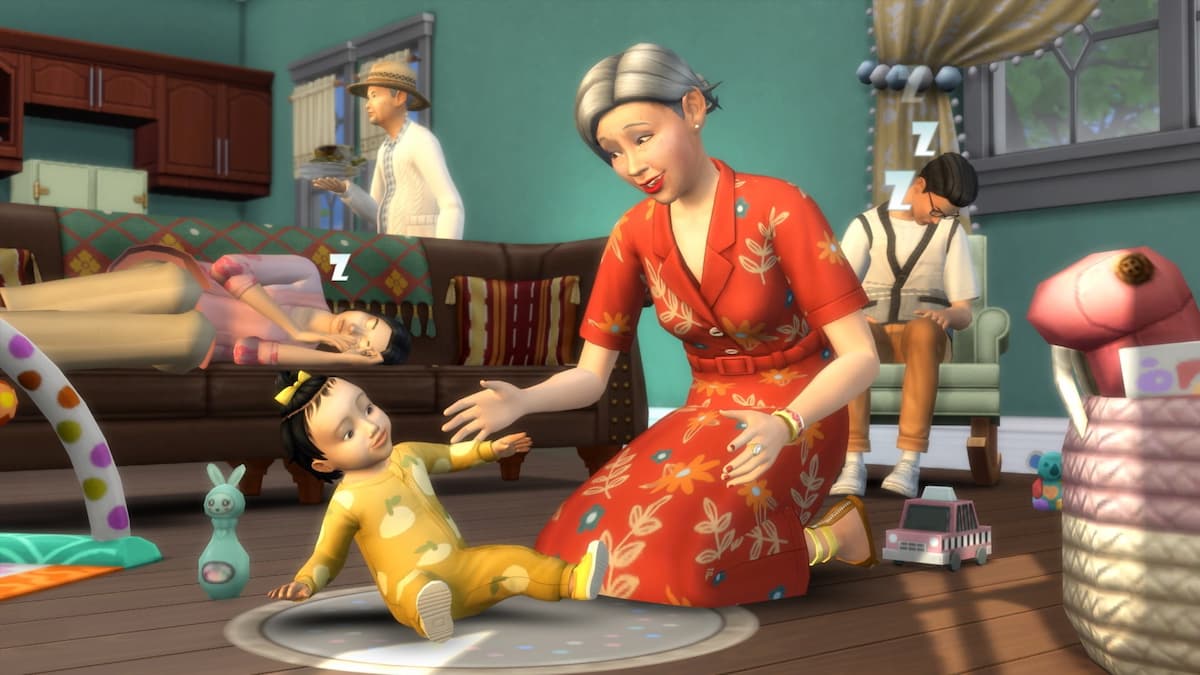
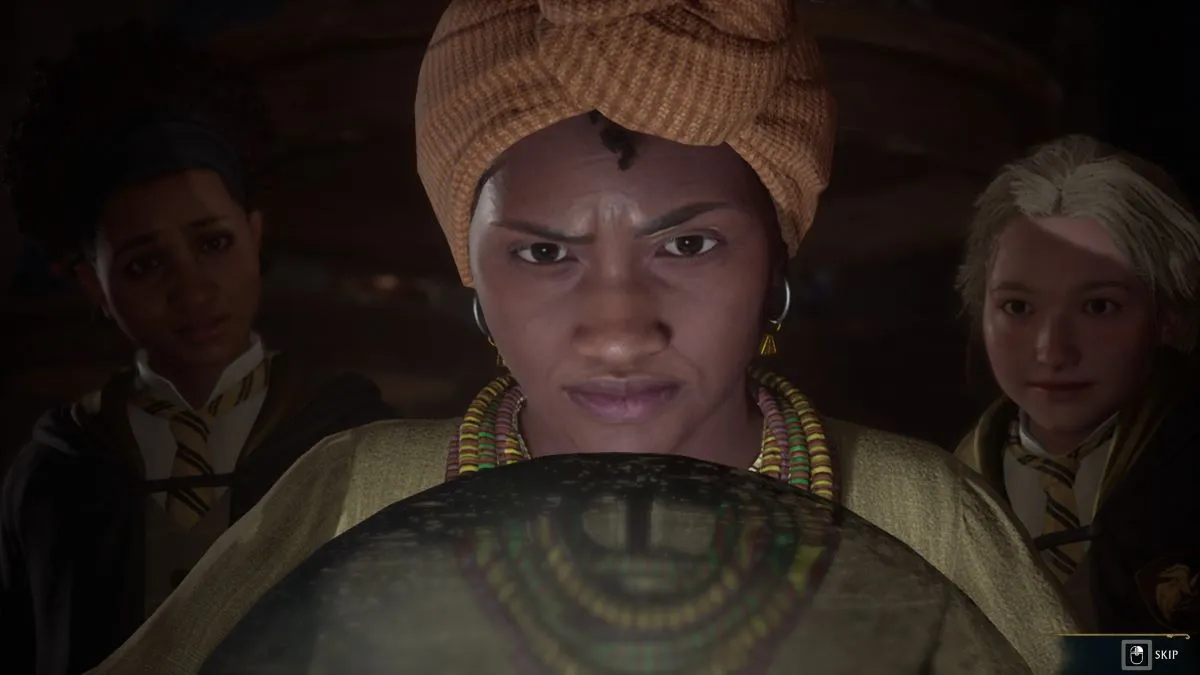
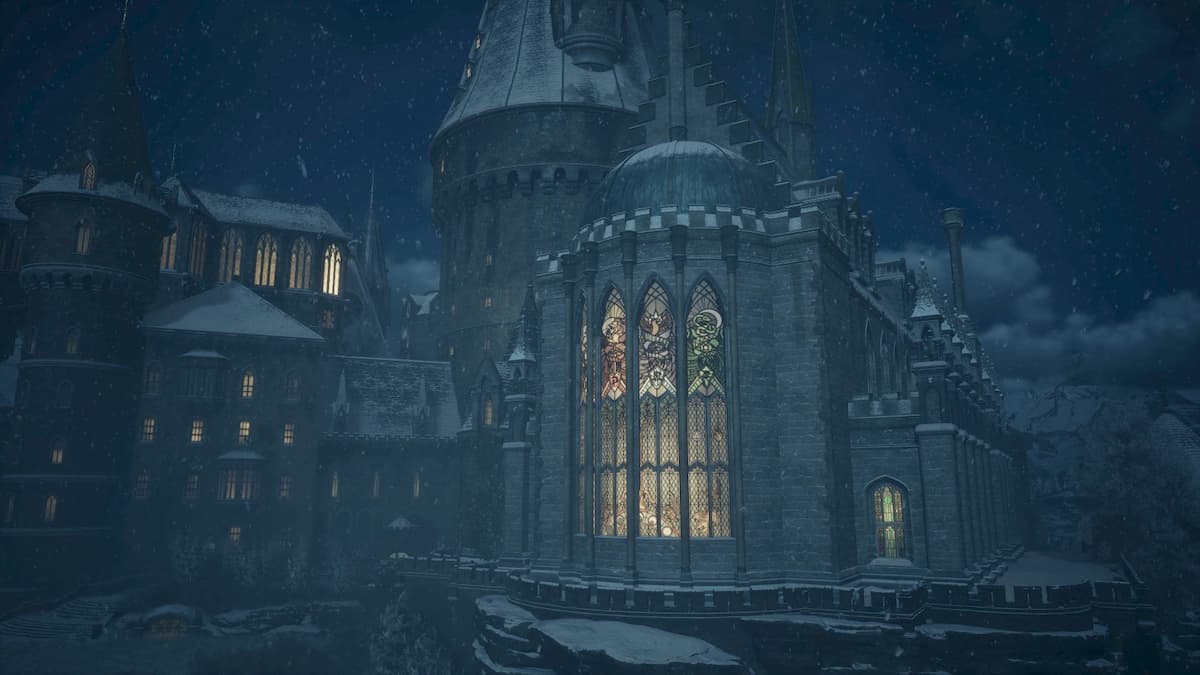
Published: Jul 13, 2016 11:23 am